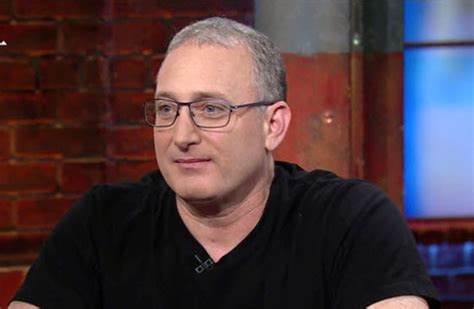A Quote by Eric Schmidt
Google's architectural model around broadband and services and so forth plays very well to the powerful devices and services Apple is doing. We're a perfect back end to the problems that they're trying to solve.
Related Quotes
Google likely never cared if Google+ 'won' as a competitor to Facebook (though if it did, that would have been a nice bonus). All that mattered, in the end, was whether Plus became the connective tissue between all of Google's formerly scattered services. And in a few short years, it's fair to say it has.
Alternative services would mean that there would be services available to compete with Google, Facebook, Amazon, Dropbox, Skype, etc., and they would be run by companies not based in the U.S.A. The rest of the world has simply failed in being able to compete with them, and we really should be doing better here.
Broadband connections allow us to access more robust types of content, services, and applications - video chat versus email, or live streaming versus chat, for example. Yet if we look beyond our own personal use, we can see that broadband Internet access is not merely a convenience: it is a powerful force for social change.
The only way you survive on all these services is if you're groundbreaking. There's pressure to be groundbreaking, which is the greatest thing that's ever happened. It's a bizarre aspect of what's happened with all of these subscription services is everyone is trying to outdo each other by doing great things.



































